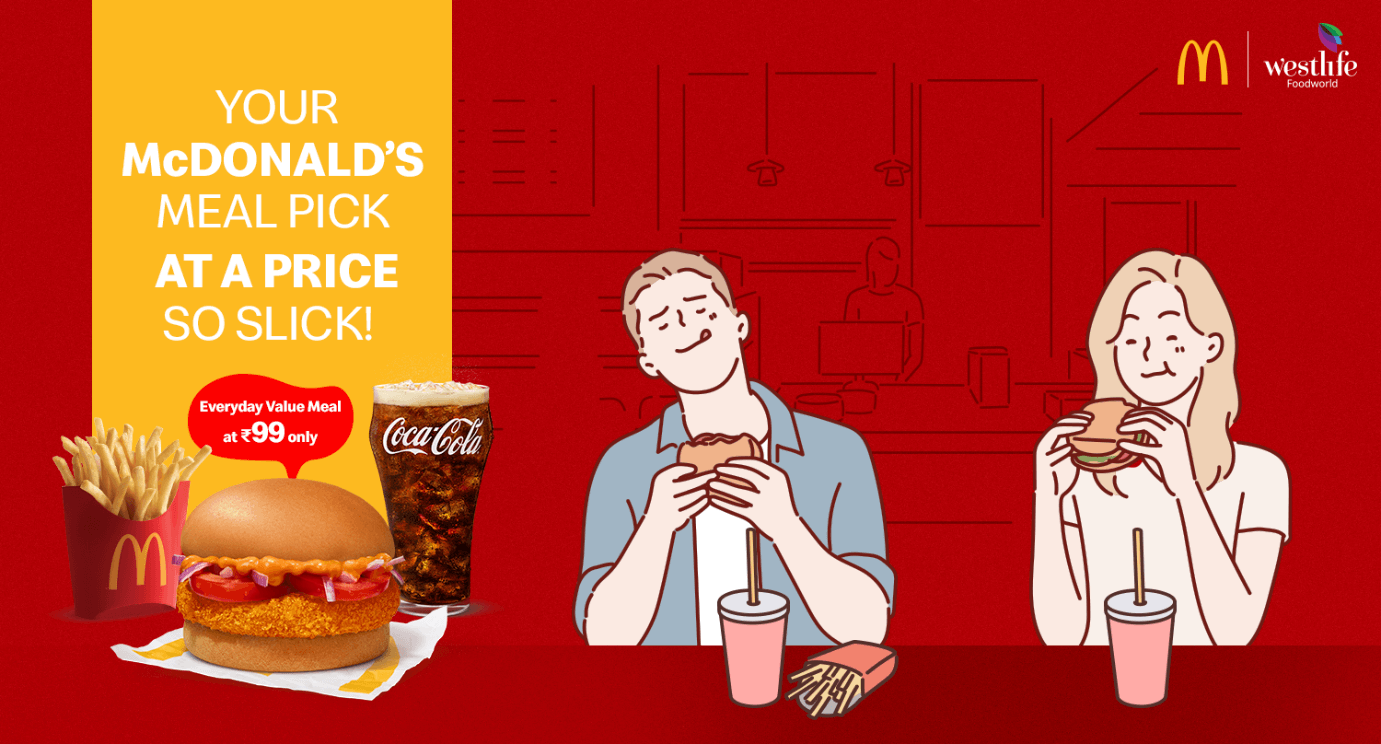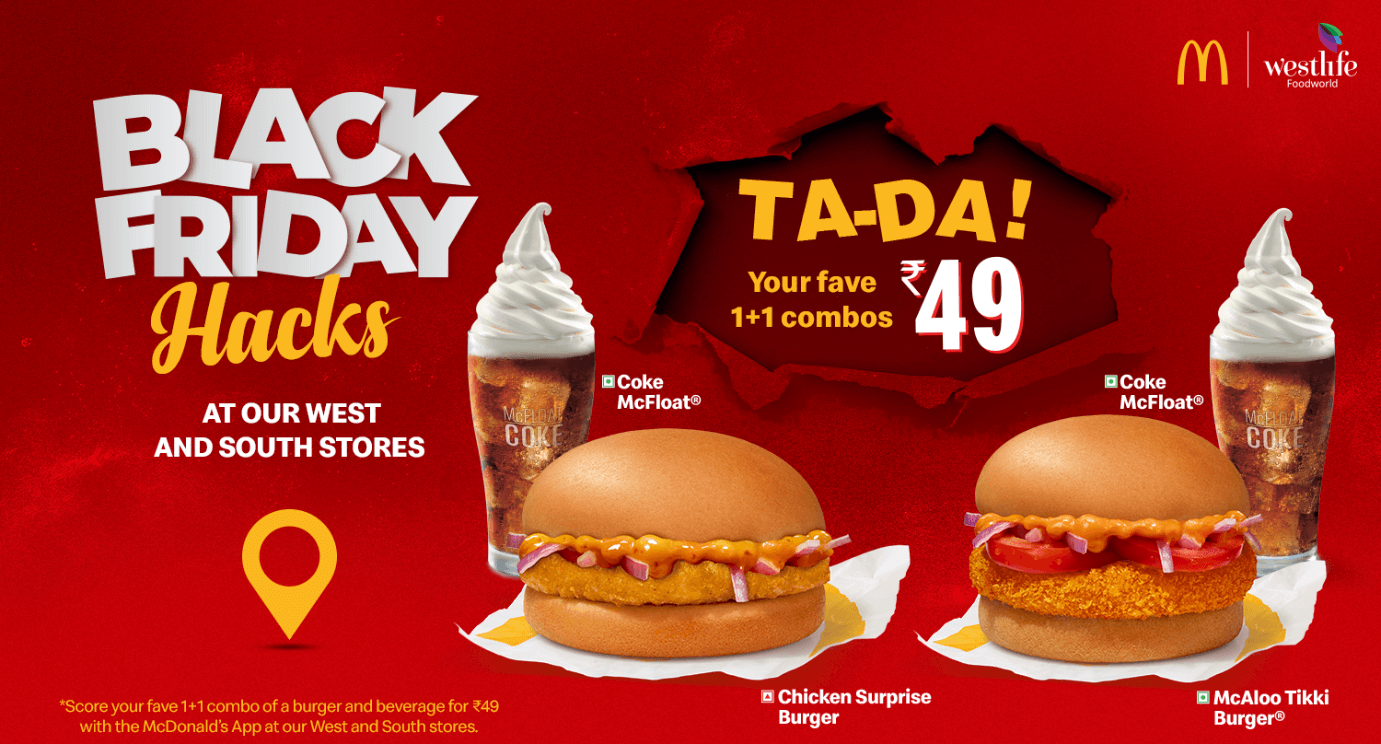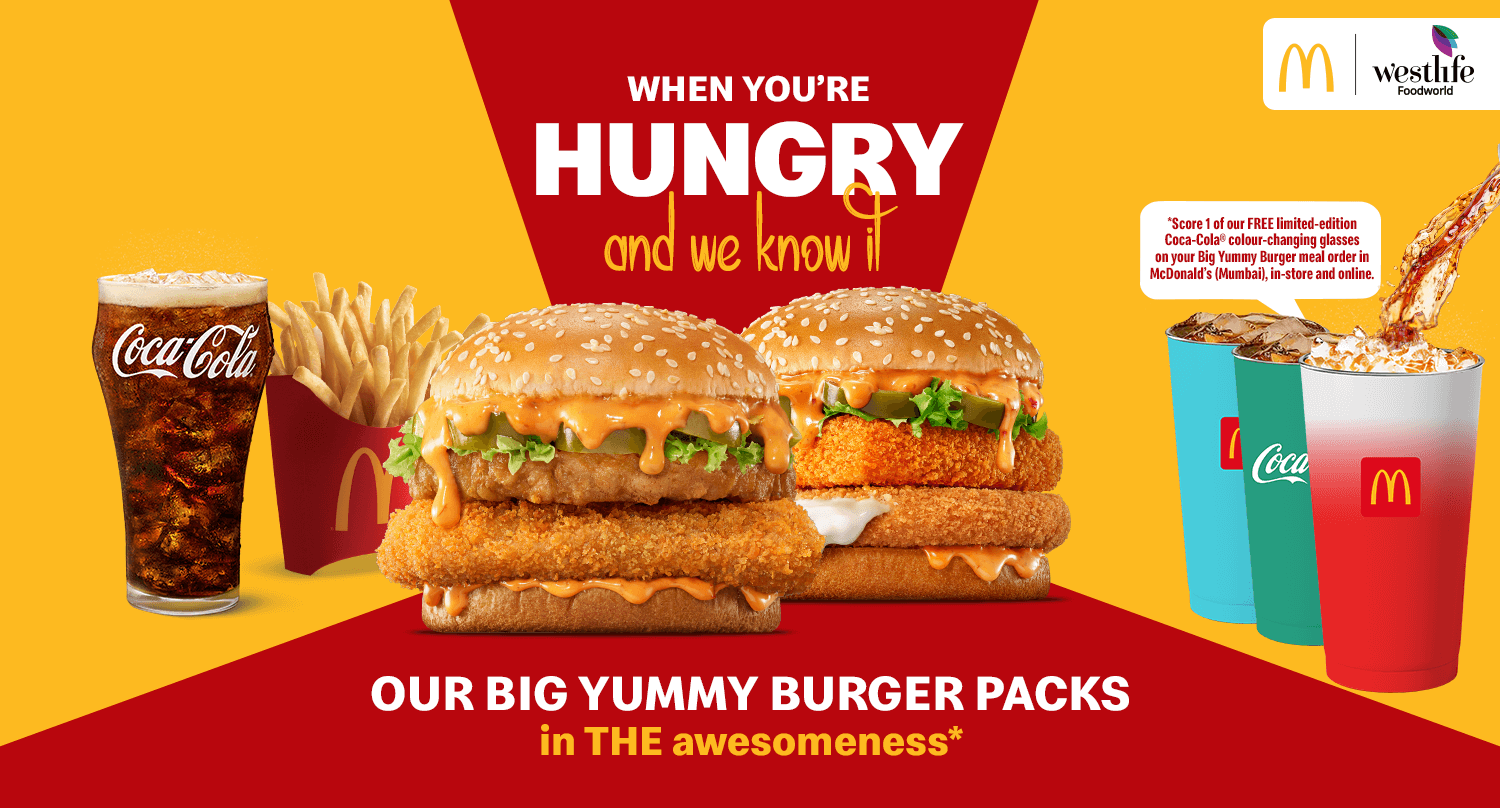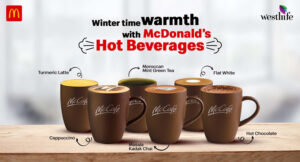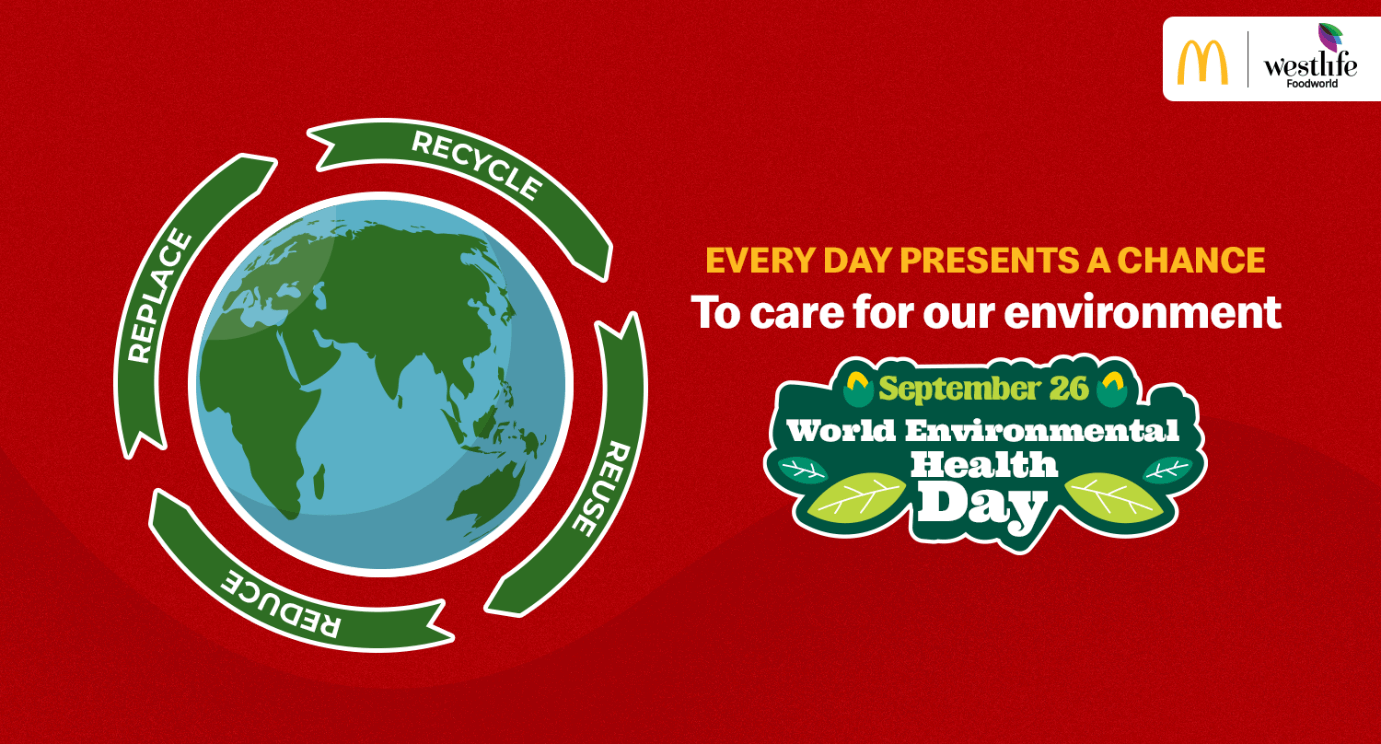
We’ve seen major growth, as McDonald’s India. Just as important is our commitment to conserving resources that help us flourish. Today being World Environmental Health Day, we want to share the measures we follow that help us contribute to better world environmental health.
- 100% elimination of single-use plastics from our customer-facing packaging ➡️ This has been replaced with environment-friendly equivalents such as wood, PLA, or paper – including biodegradable corn starch and FSC®-certified paper. You can find these labels on our food and beverage packaging, spot the Tidyman logo too!
- We use EZ delivery bottles to deliver cold beverages.
- We’ve implemented efficient logistics for plastic crate returns and responsible oil recycling (99% of discarded cooking oil is recycled).
- Through safe disposal practices, food, beverages, paper, and plastic waste generated at our restaurants is segregated and then recycled by relevant third parties.
- We strictly comply with EPR (Extended Producer Responsibility) requirements to responsibly disposal an equivalent amount of plastic.
- E-waste is sent to certified third-party vendors for safe disposal.
- We advocate for drip irrigation among resource providers, promoting sustainable agricultural practices.
- Temperature cloud controllers are used to create the desired control temperature whilst maintaining the air-conditioning. Real-time monitoring and auto on/off controllers are used across high energy-consuming kitchen equipment in our restaurants.
- We use evaporative air-cooling kitchen systems and economisers, including LED bulbs and order assembly table sets. We also have motion sensors in the back areas of our stores to control lighting consumption wastage.
- We’ve installed solar roof top panels in select McDonald’s restaurants. Our solar power generation contributed 0.1 million units of clean electricity. Energy audits help us identify operational improvements and ensure compliance with the best practices.
- We use Piped Natural Gas to reduce the emission of greenhouse gases and our carbon footprint. We’re striving to reach Net Zero GHG emissions by 2050.
- We are fast-tracking a shift to clean energy across ~450 of our West and South stores through partnering with renewable energy developers.
- Our new-format stores outperform legacy formats in cost efficiency, with EMS data and weekly reviews supporting reductions in utility and maintenance costs.
- Sustainable Water Management Practices ➡️ This is implemented via waterless urinals + low-flow aerator sprays in our restaurants. Reverse osmosis (RO) reject water is repurposed for gardening and use in our restaurants’ rest-rooms.
- Through rainwater harvesting, collected water is utilised for cleaning, landscaping, and other non-potable applications.
- Local produce remains the way forward – helping reduce our import costs and wastage. Global Good Agriculture Practices Farm Standards are followed across the fresh produce farms that we work with. 100% of our vendors are Global Food Safety Initiative
- We use 100% Rainforest Alliance Certified coffee beans
**Every initiative to save the environment counts!
To our credit, we remain optimistic over our 13,938 tCO₂ GHG emissions savings, 60,682 gigajoules of energy savings, our LEED certification, and 40 million litres of water, saved. We have also recycled > 700 tonnes of plastic in the last two years.
**Source – Westlife Foodworld Annual Report FY 2024-25
Gentle ways to protect the environment
When you order food through the McDelivery® website and McDelivery® App, choose the option to not send cutlery. 🍴 When you visit our stores with the McDonald’s App, opt for e-bills.


